Things to Avoid When Medicating Your Racing Pigeons By Dr. David Marx
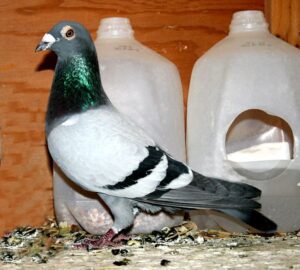 We have all heard these things before, I am sure, but we all forget and need to be reminded periodically of the medication no-no’s. There are all degrees of net results and variables involved, but in general, the rules apply.
We have all heard these things before, I am sure, but we all forget and need to be reminded periodically of the medication no-no’s. There are all degrees of net results and variables involved, but in general, the rules apply.
Avoid using Emtryl during mating times. It has been shown to temporarily decrease fertility in the cock. We assume that the other anti-trichomonas drugs have similar effects but as far as I know, this has not been demonstrated.
Avoid using the “bendazole” wormers such as Panacur and Telmintic during the moult or when feeding youngsters. This family of drugs can cause feather abnormalities, sometimes severe.
Avoid having grit or pellets available when treating with the Tetracycline family of antibiotics. The calcium in grit or pellets can bind the drug making it unusable in the body, resulting in severe under dosing. The Tetracycline family includes Terramycin, Aureomycin, Tetracycline, and Doxycycline.
Avoid leaving medications in the drinking water more than 24 hours. The medications gradually break down and become ineffective. The warmer the temperature the faster this occurs, so in warm weather a 12 hour limit may be more practical. Make fresh preparation each morning.
Avoid higher doses when medicating. Just because a little bit is good doesn’t mean that more is better. The recommended dosage should be adhered to. Some drugs are very toxic at higher levels.
Note: Remember, when treating via the drinking water that the dose should be adjusted depending on the volume of water consumed. The recommended doses are for mild temperatures. Use a little less in hot conditions, and up to twice the dosage in very cold weather when the birds drink much less.
Avoid using drugs at lower than recommended doses and for less than the recommended time. This practice allows the organisms to become tolerant or resistant to the medications by being exposed to them for insufficient time or at levels too low to eliminate them. This resistance factor becomes very important and gradually produces “super bugs” which are unstoppable with antibiotics.
Avoid using antibiotics as “preventive medication”. Antibiotics prevent nothing. They are used to treat certain infections but, by no means, prevent anything. Actually they may make the birds more susceptible to infection because they eliminate the normal beneficial bacteria; and these bacteria protect the birds, in some degree, from infection.
Avoid mixing medications unless the mixtures are shown to be safe. Certain combinations are known to be safe and generally used. Don’t get carried away and assume that all medications can be mixed and dosed simultaneously. Proceed cautiously and try to stick to known safe combinations.
Avoid putting anything else in the drinking water when household bleach, such as Clorox, is used as a water disinfectant. These are very strong oxidizing substances and will change the product mixed with them, either rendering them ineffective or toxic.
Clorox is to be used only by itself. Discontinue it when medicating in the water, or even using vitamins in the water.
Things to Avoid When Medicating Your Racing Pigeons By Dr. David Marx
The Leading Online Pigeon Racing and Racing Pigeons Magazine – The Pigeon Insider

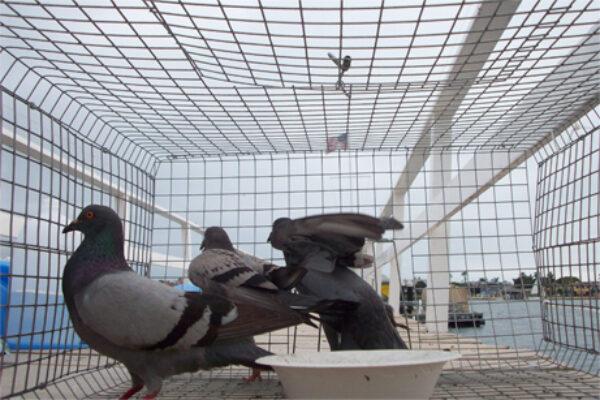
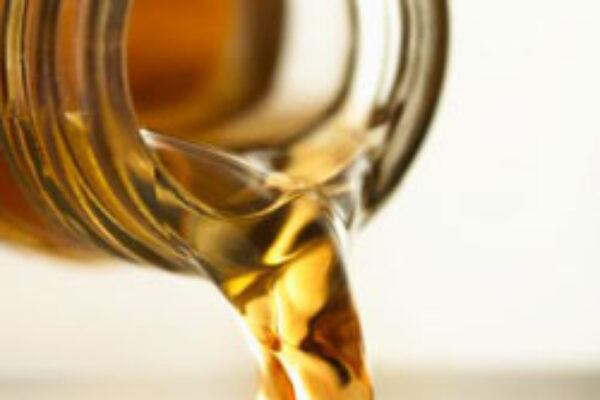
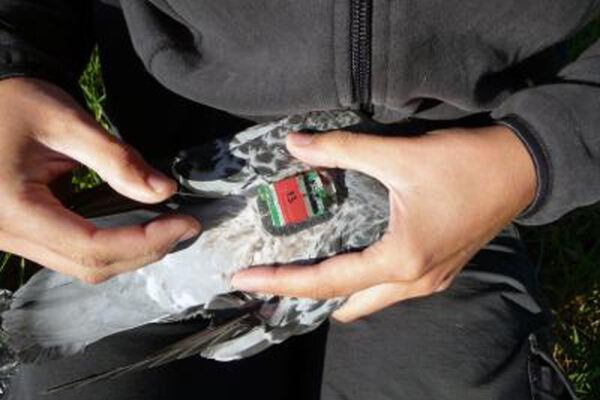
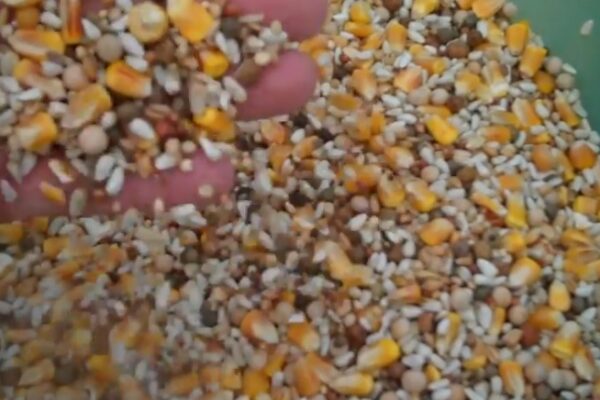
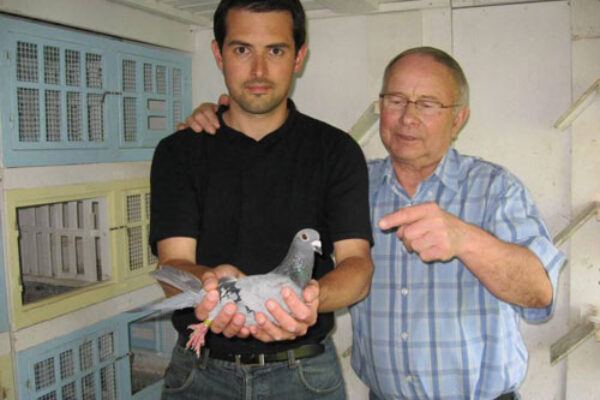
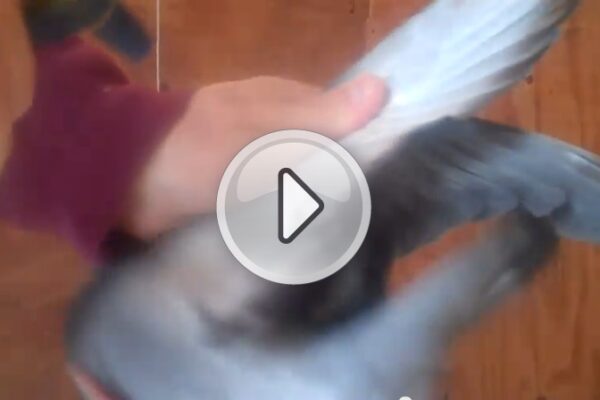
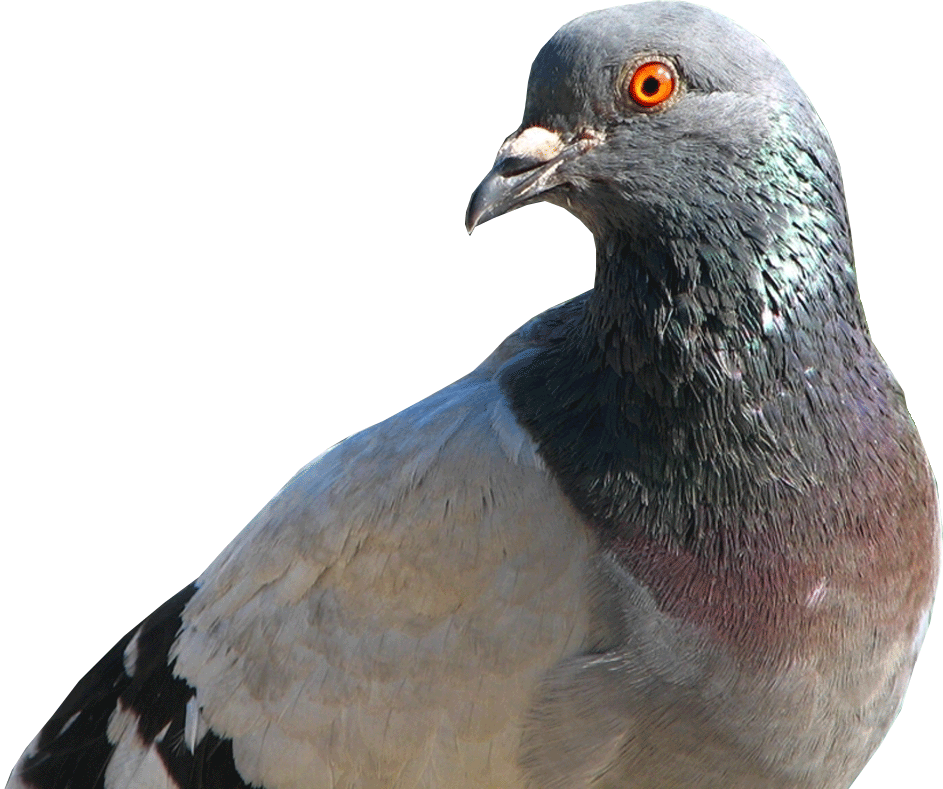
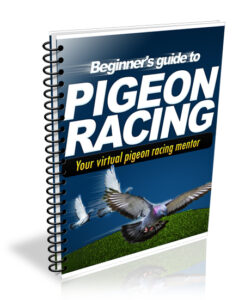
hi have learnt alot off this info thanku
Take it a step further – do not use any -bendazole drugs on pigeons or dove at any dose, ever. They cause severe liver damage and have a very high mortality rate.
Hi Chris there are some very good reminders in the article i would like to add the use of one once per gallon you can add apple cider vinegar it helps with the taste also help some medication to mix properly Amoxccillin comes to mind good article as a reminder Brad.
MAKE IT A HABIT IN WARM WEATHER, SIX HOURS IS LONG ENOUGH AS TO HOW LONG YOU KEEP TREATED WATER AND INCLUDING VITAMINS AVAILABLE BEFORE CHANGING… 12 HOURS IS TOO LONG.